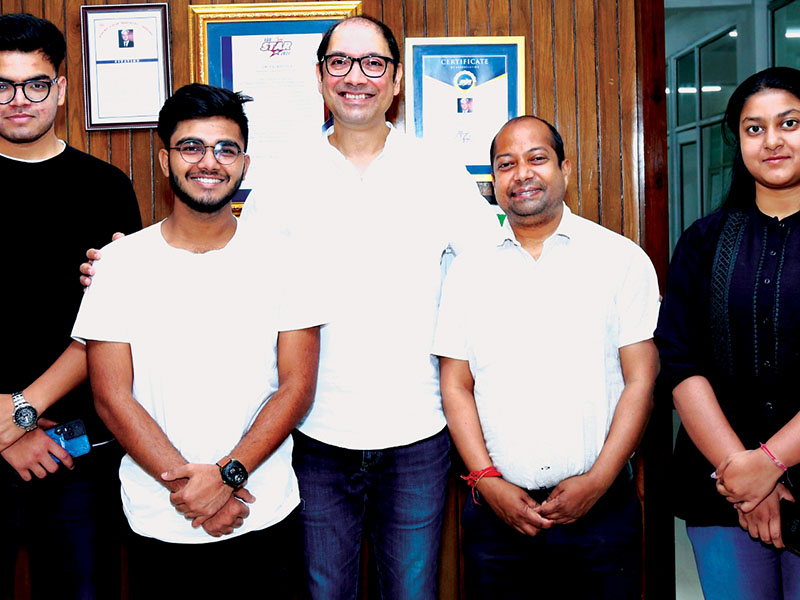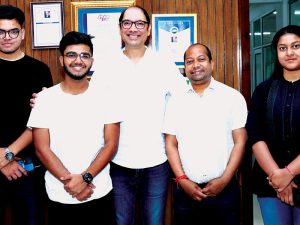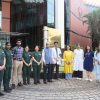Current Issue
From the Archives
Artificial intelligence: Leapfrog opportunity for Indian education

Media Bytes
“As India invests in its tribal heartlands, especially in regions like southern Chhattisgarh, road development must be part of a broader effort to extend justice, dignity, and opportunity. The goal is not merely movement but belonging. To build roads, then, is to build peace.”
— Pavan Mamidi, The Hindu (11/9)
“India has no operating system, database, or other foundational software that it builds and can trust completely. This leaves the country dependent on external sources that its cannot control or trust. However, the path to independence is not as difficult as it might seem. The open-source model offers a path to a solution. India can create its own versions of Linux and Android that are safe and free of backdoors. It is possible for a dedicated group of professionals to do this.”
— P.J.Narayanan, The Hindu (10/9)
















Add comment